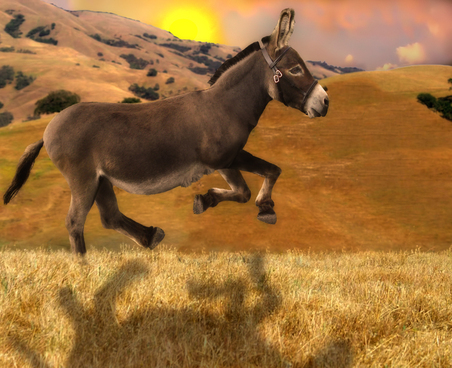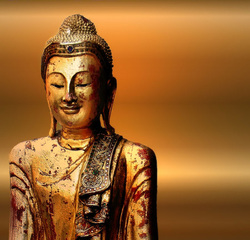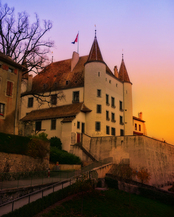
But giving a few unnecessary biographic notes of information on Titus Livius is not my purpose at all.
What intrigues me today is mentioning a specific little episode which Titus Livius wrote about, among so many others, because it might be rather thought-provoking, if we try to see it in a larger context. This is one of the peculiar values of history; it helps us to see contemporary happenings much clearer if we compare them with the experience of the past.
Someone said: “If you don't know history, then you don't know anything. You are a leaf that doesn't know it is part of a tree. ” And I could not agree more.
Let's go back to Titus Livius. He wrote, in his monumental book, that one of the main military battles in the history of Rome happened by chance.
In 168 BC, during the third Macedonian War, there was a fundamental battle in the plain of Pydna, which marked the final destruction of Alexander’s empire and introduced Roman authority over the Near East. At first the leading members of the two armies hesitated to declare the attack. They were reluctant to do the first move and preferred to study the adversary.
The decision at their place was taken, paradoxically, by an unconscious Roman donkey, which ran away from the Roman camp and started galloping by pure chance toward the Macedonian lines. A few Roman soldiers decided to chase and catch it. But the Macedonians thought it was the beginning of the attack, they gave the alarm and soon the general battle started.
Very probably the battle would have started in all cases, but we cannot be quite sure of that…
The History is full of many "rebel donkeys" which play the role of the uncontrolled and unpredictable variable in a series of events. Maybe we would keep that in mind, for the little we can…


 RSS Feed
RSS Feed


